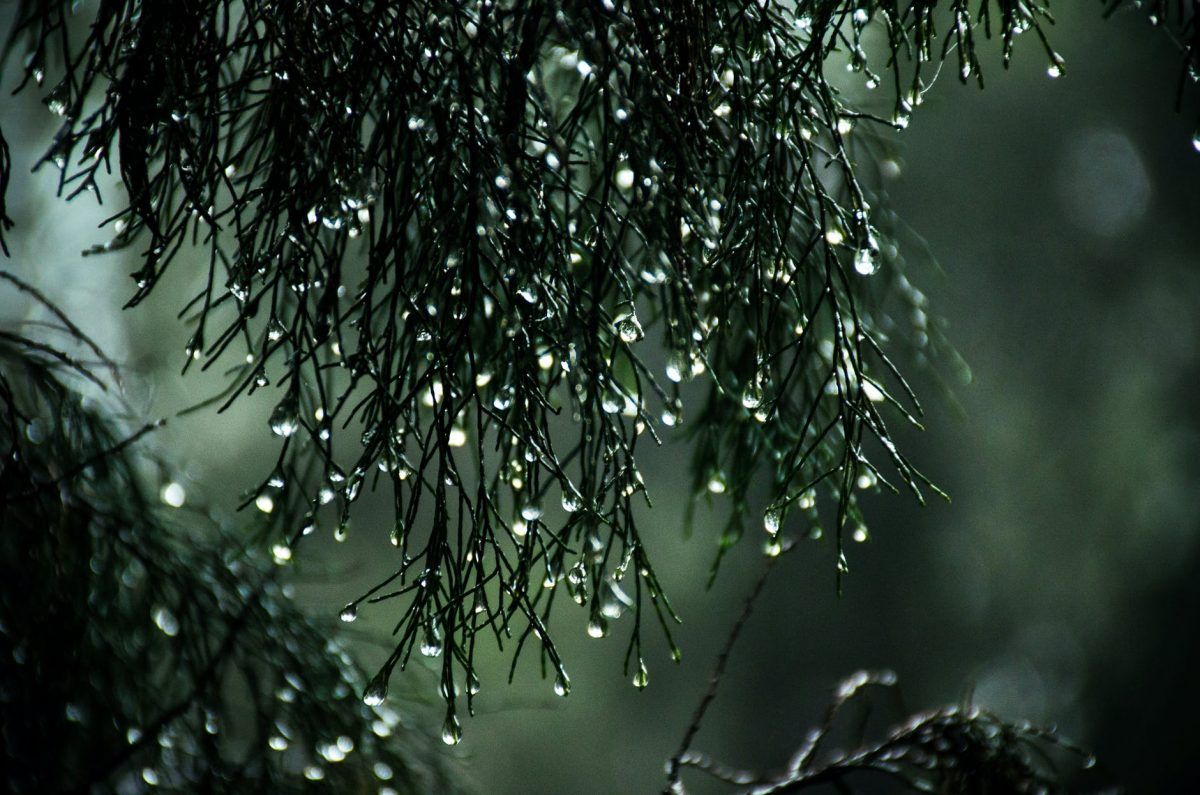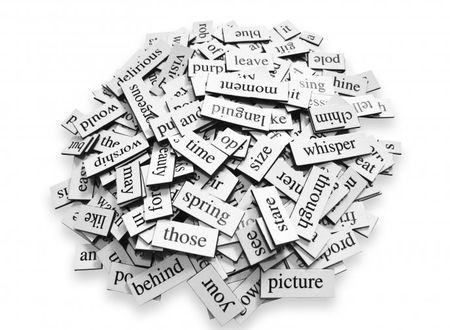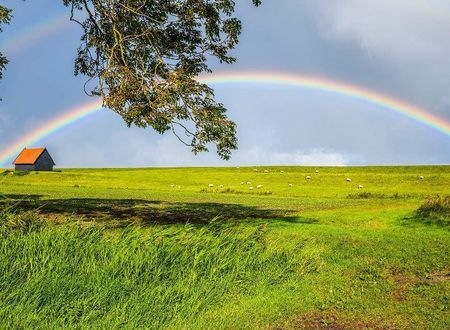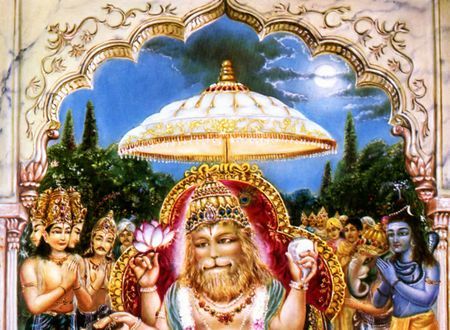Rains Ahoy!
Pelicans are circling the sky; koels have been cooing frantically since morning; kingfishers, peacocks, and the brain-fever bird have been calling hoarse. Their desperation has reached a crescendo. The afternoon was very sultry and now it’s raining as I write. It’s not a sudden downpour: theatrical in performance but zilch in yield. Evenly spread across the skyscape, the clouds are giving a teary tight embrace to the city. This is surely going to be a long and steady spell.
It amazes me how the birds go completely silent once it begins to rain. They sit and watch the drama unfold like mischievous children witnessing the culmination of their game plan.
Perceptions about Rains
Monsoon—the season of revival, rejuvenation, love, longing romance, and celebration. It doesn’t arrive in a hurry. There’s a long agonizing wait through a seemingly unending summer. It’s no surprise then that the arrival of rain marks the beginning of festivals: Teej, Raksha Bandhan, Gokul Ashtami, and others. Interestingly, there are signature sweets that you find only around these festivals. Consider, ‘Ghevar’, that makes a grand appearance only during the rainy season. Before you know, it’s off the shelves. So, if you haven’t already, please visit an authentic North Indian sweet shop and get hold of this delicacy. Don’t worry about the calorie count; chocolates are just as sinful:)
We are not a culture of ‘rain, rain go away’, although there is a fairly legitimate story behind that rhyme as well. Its origin dates back to the Elizabethan era when there was constant rivalry between England and Spain; stand-offs between the two nations were common. During one such skirmish, the Spanish Armada (fleet of ships) was driven away from the English shores by torrential rains. To this day, the British sing ‘rain rain go to Spain, don’t show your face again’. Back home, Indian children’s chant for the rain takes a slightly more street-smart twist in Marathi. They offer money to the rain clouds. The transaction goes awry as the coins given are bad or fake.
येरे येरे पावसा
तुला देतो पैसा
पैसा झाला खोटा,
पाऊस आला मोठा
Another children’s poem in Hindi by Subhadra Kumari Chauhan highlights a child’s fascination for rain and lightning against the backdrop of the Indian freedom movement.
अभी अभी थी धूप,
बरसने लगा कहाँ से ये पानी
किसने फोड़ घड़े बादल के
की है इतनी शैतानी
सूरज ने क्यूँ बंद कर लिया
अपने घर का दरवाज़ा
उसकी माँ ने भी क्या उसको
बुला लिया कहकर आजा।
In the poem, the child wants to go up in the clouds to teach the children of lightning how to wield a thunderbolt. The child is excited at the prospect and feels he might receive a thunderbolt as a prize for his efforts. The mother, however, is scared to hear such an audacious wish from her child. You may check out the following link for the poem:
The west may not be so enthusiastic about rain and dismiss it as ‘good weather for ducks’; nevertheless, the English literature celebrates the life-giving aspect of rain and clouds copiously. Last year, I discovered ‘the Cloud’ by Percy Byssche Shelley. Like a fool, I had rejected Shelley’s poetry in my college days. Shelley and Keats were taught by a teacher I found boring. Attending just one lecture had made me feel like a vegetated potato. I bunked all her lessons and dismissed all that she taught. While reading and teaching ‘the cloud’ last year, I realized what soul-stirring poetry I had missed out on. In his intricate imagery, Shelley introduces the cloud as the ‘nursling of the skies’; it travels in an airy chariot driven by lightning. Consider the rich description in the following lines:
I sift the snow on the mountains below,
And their great pines groan aghast;
And all the night ’tis my pillow white,
While I sleep in the arms of the blast.
Sublime on the towers of my skiey bowers,
Lightning my pilot sits;
In a cavern under is fettered the thunder,
It struggles and howls at fits;
Over earth and ocean, with gentle motion,
This pilot is guiding me,
Lured by the love of the genii that move
In the depths of the purple sea;
Over the rills, and the crags, and the hills,
Over the lakes and the plains,
Wherever he dream, under mountain or stream,
The Spirit he loves remains;
And I all the while bask in Heaven’s blue smile,
Whilst he is dissolving in rains.
You may listen to the complete poem here.

Rains in the Indian Culture
In India, the arrival of the rainclouds is a momentous event eulogized in folk songs, literature, and classical music. My mother used to recount several songs (now lost) that young girls sang in olden times while playing with their friends on the swings.
“कच्ची नीम की निम्बौरी, सावन जल्दी अय्यो रे’ (The neem fruits/blossoms are tender still, oh rains! come soon) These were times when child marriages were common. At around the festival of Teej, married girls got goodies from their families (not to mention the surplus that went to the in-laws) and they were sent away to their homes to enjoy the festival with their friends and family. No wonder little girls waited for rains with bated breaths. It’s amazing how blossoms of the season are intricately tied up with our rituals. In Pongal, the sweet rice or Pongal is sprinkled with roasted neem blossoms.
Stories and songs give us images for a lifetime. I am told how while working on a ‘charkha’ (Spinning wheel) my mother’s grandmother would sing songs of rain. Soft crooning helped her keep with the rhythm of her work. I find this image extremely romantic; an old woman with her song to give her company. “झुक जा रे बदरा बरस क्यूँ ना जाए अब तेरे बरसन की आयी रे बहार।I am under no delusion about the back-breaking routine of women back then. In fact, one cursory glance at our great grandmothers’ lives and our lives today, shows us the dauntingly fascinating journey of women. How far we’ve come, yet there’s so long to go still!
I’ve not had the privilege to read Meghduta by the Sanskrit poet, Kalidasa; it tells the story of a banished Yaksha who sends a message to his beloved through a cloud. The pain of separation, love, and longing is a recurring motif in most rain songs in India’s popular and classical music. You may love to listen to this composition in Raag Megh.

Singing Summers
If the monsoons mark revival and rejuvenation in the East, for the West it’s summers. The European countryside blooms with wildflowers during spring and summers. Daffodils, lavender, mountain thyme, and dandelions grow in profusion. The rich foliage, and seasonal blossoms, turn the Europen countryside kaleidoscopic in summers. No wonder, one such sight of wild daffodils next to a lake inspired Wordsworth while he was on a routine walk. The moment also gave him a pleasurable memory to fall back on in the dreary seasons (of life).
For oft, when on my couch I lie
In vacant or in pensive mood,
They flash upon that inward eye
Which is the bliss of solitude.
And then my heart with pleasure fills,
And dances with the daffodils.
The spirit of summer is celebrated in country and folk music. It is beautifully captured by the Scottish song ‘Will you go Lassie go’. Here’s a rendition by the Corries. Enjoy the musical Scottish lilt in the song.

Several spells of rain have come and gone since I began writing this article. One of my favourite things to do in the rain is to read Ruskin Bond’s nature writing (Book of nature, Landour Days, Rain in the mountains). The writing transports me to hills—without a ticket. I can soak in the sights, sounds, smells, and textures vicariously through Grandfather Bond. I can hear the mountain thrush in the deep ravine, dewdrops on pine needles, and scarlet minivets playing hide and seek in the trees. I can imagine the tender leaves when the first cobra lily rears its head after the rains. I long to be under a tin roof with raindrops drumming on top. Here’s a recording of a Ruskin Bond prose piece called ‘A Short Monsoon Diary’. I hope you like it.
We all have favourite things to do in the rain. I am blessed to be living near a lake. Many a time when it’s raining, we like looking at the lake swelling up. It mirrors the dark menacing clouds on rainy days. We live on the ninth floor. On rare days, when the rains are torrential and it gets misty, it feels like the house is in the clouds. I crave an occasional Vada paav, ban maska with chai, or a freshly brewed filter kaapi. What about you?









Comments & Discussion
16 COMMENTS
Please login to read members' comments and participate in the discussion.